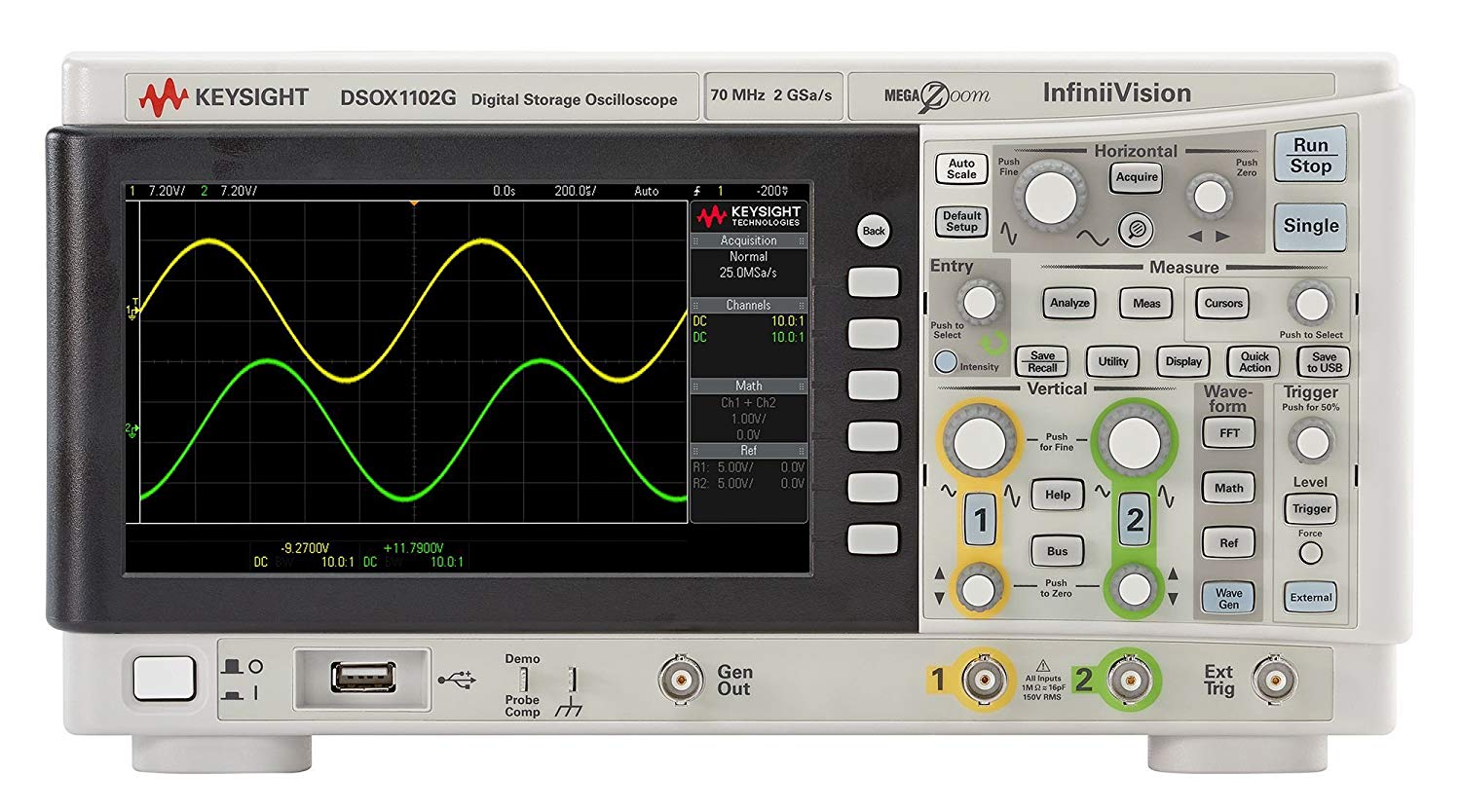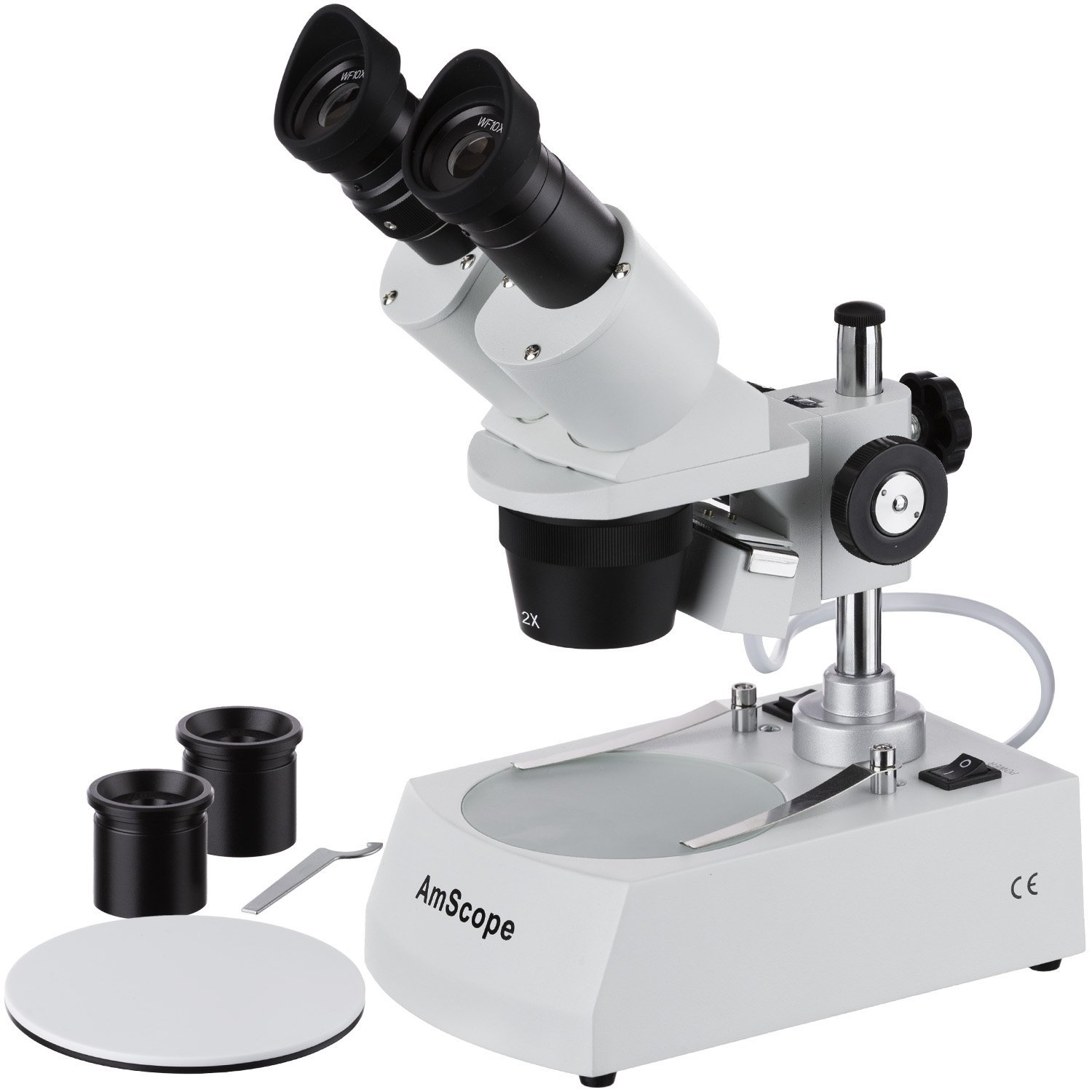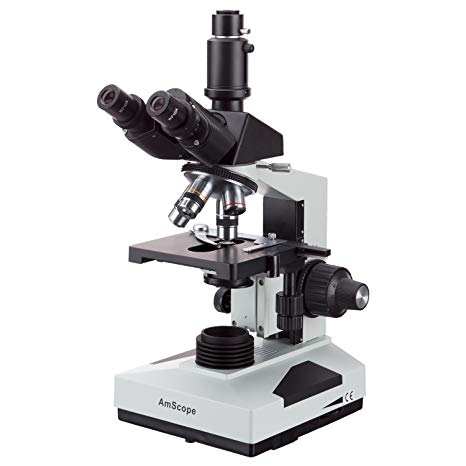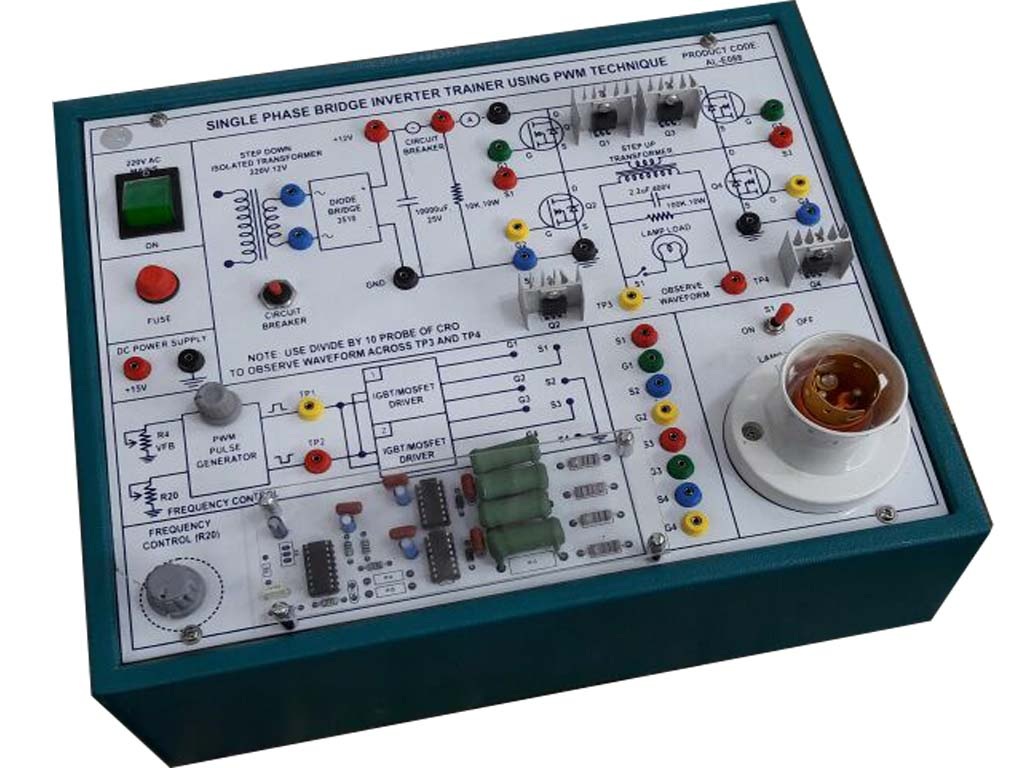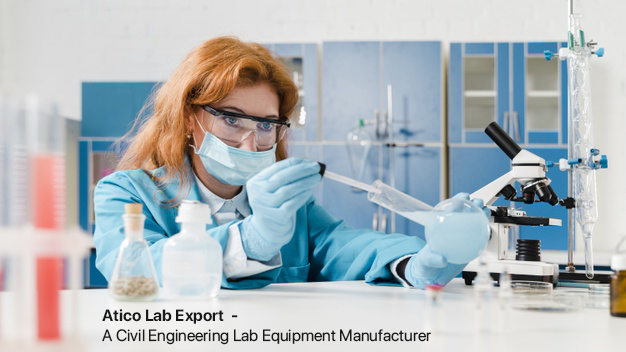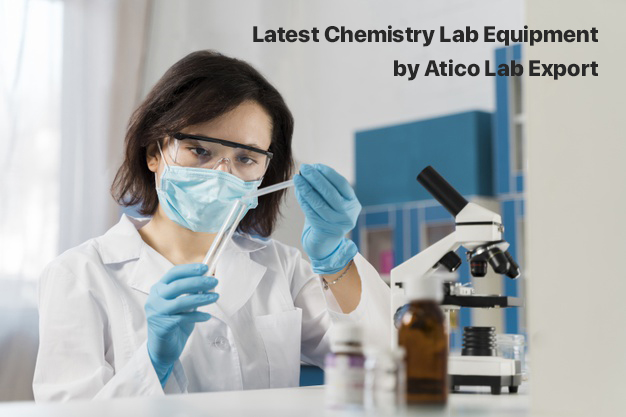.png)
- Admin
- 0 Comments
Introduction to Physics Lab Equipment Industry in the Philippines
Physics lab equipment plays an integral part in educational and research institutions throughout the Philippines, whether high school laboratories, university research or industrial R&D projects. Demand for reliable yet precise equipment has increased steadily across all of these sectors - leading physics lab equipment manufacturers and suppliers in the Philippines offering cost-effective solutions that meet international safety and quality standards.
As science education and research become more data-driven, physics lab equipment becomes an ever-increasing necessity. In this comprehensive guide we'll introduce you to industry essentials, top manufacturers, product types, challenges, and future trends - so that you're well prepared when selecting equipment for your own lab!
Why Atico Lab Physics Lab Equipment Supplier and Manufacturer?
Cost-Effectiveness
Importing lab equipment from abroad can incur significant additional costs, such as import duties, shipping charges and lengthy delivery timelines. By selecting local manufacturers and suppliers in the Philippines instead, institutions can drastically cut overhead expenses while taking advantage of more cost-effective pricing models.
Fast Delivery and Support Solutions.
One of the key advantages of working with local manufacturers is their faster delivery timeframe compared to international suppliers. They provide faster shipping, timely after-sales support, and access to customer support for maintenance or troubleshooting.
Types of Physics Laboratory Equipment Available
Mechanical Equipment
-
Dynamic Trolleys, Pulley Systems, Levers and Weighing Machines.
These tools provide fundamental understandings for studying mechanics and classical physics principles.
Optics and Light Equipment
-
Spectrometers, Optical Benches, and Diffraction Apparatus.
These tools assist students and researchers in studying light properties such as refraction and optical phenomena.
Thermodynamic Physics Equipment
-
Calorimeters, thermique thermometers with High Precision. Thermometers with Precision Thermal Readings and Thermal Conductivity Apparatus.
-
Heat transfer, energy conservation, and thermal behavior of materials are studied using this apparatus.
Electromagnetism Equipment
Van de Graaff Generators and Electromagnetic Induction Setups. Also, Capacitor and Coil Measurement Tools may also be required.
These tools are essential to teaching and exploring electric and magnetic fields.
Features of High-Quality Physics Lab Equipment
Durability and Precision
High-grade materials like stainless steel, durable plastics, and precision machined parts ensure long-term performance, while accurate measurement instruments guarantee accurate experimental results.
Compliance with Safety Standards
Safety should always be paramount in any laboratory environment. Trustworthy manufacturers adhere to local and international safety standards such as ISO certifications and CE marks to guarantee all equipment satisfies stringent safety criteria.
Modern Physics Technology Integration (MTI).
Modern physics laboratory instruments now incorporate digital displays, computer interfaces and data logging features that transform traditional experiments into more data-rich research activities.
Best Physics Lab Equipment Suppliers.
Atico Export Overview
Atico Export is an industry pioneer that specializes in providing innovative solutions tailored for educational institutions. Their product offerings include mechanical and electromagnetism lab setups made according to stringent quality protocols.
Educational Lab Equipment
Educational Lab Equipment is widely respected for their extensive range of optics and light-based experimental setups, which can be found in top Philippine universities and research labs.
SLS Ke
Science Lab Supply. Ke, specializes in thermal physics equipment that emphasizes energy efficiency and precision for both public and private sector research labs.
Research & Development Services offered.
Atico Lab invest heavily in R&D to design equipment that meets the dynamic needs of academic and industrial research environments.
Material Sourcing and Quality Control
High-grade raw materials are acquired either domestically or internationally and undergo stringent testing processes to ensure compliance with industry standards.
Assembly and Testing
Each piece of equipment undergoes extensive assembly and performance testing, such as calibration checks, durability assessments, and safety inspections before being shipped out to customers.
Supply Chain Disruptions
Pandemics or geopolitical tensions may disrupt raw material supply chains and thus delay production schedules, creating bottlenecks.
Imported Brand Competition
Imported international brands may appear more premium, creating an issue of market perception.
Eco-Friendly Materials Available Now
Many manufacturers now utilize recycled plastics and metals in order to lower environmental impact and foster sustainability.
Energy-Efficient Manufacturing Processes
Advanced machinery and energy-saving production techniques reduce energy use, thus decreasing carbon emissions from production processes.
Pricing Models for Physics Lab Equipment in the Philippines
Purchase Discounts Available
Institutions and research facilities alike can take advantage of bulk order pricing to significantly reduce per-unit costs, leading to significant cost savings over time.
Service Packages Available
Manufacturers frequently offer service packages, which may include annual maintenance, repair services and calibration support to ensure long-term equipment reliability.
How to Select the Ideal Suppliers for Your Institution
Evaluate Product Quality
Be sure to carefully examine sample equipment or product specifications, looking for brands with proven reliability records.
Checking Customer Support Responsiveness
Good suppliers provide prompt technical support, warranties, and user manuals that enable institutions to manage equipment issues effectively.
Comparing Warranty and Maintenance Services
Be wary of suppliers offering warranties with less than one year coverage and affordable maintenance plans.
Frequently Asked Questions (FAQs) for assistance.
Que 1. What is the average lifespan of physics lab equipment?
Ans: Most high-quality physics lab equipment typically has an expected lifespan of 10-15 years, depending on usage and maintenance practices.
Que 2. Are imported physics lab equipment better than locally available equipment?
Ans: Not necessarily. Local manufacturers often adhere to international quality and safety standards while offering faster support at reduced costs.
Que 3. How often should the equipment be calibrated?
Ans: Calibration should typically be performed once annually or more frequently for high-precision instruments in order to maintain accuracy.
Que 4. Are schools and universities permitted to customize physics laboratory equipment?
Ans: Yes, many suppliers provide tailored solutions tailored specifically to individual curriculum or research requirements.
Que 5. What certifications must a dependable manufacturer possess?
Ans: Check for ISO 9001 (Quality Management System), CE Marking (European safety compliance), and any necessary local regulatory certifications.
Que 6. Is It Cost-Effective to Keep Local Suppliers Long Term?
Ans: Absolutely. Local suppliers offer more than competitive pricing - they also provide fast service and support, which reduces downtime and long-term operational costs.
Finding an appropriate physics lab equipment manufacturer and supplier in the Philippines is a strategic decision that directly affects education and research capabilities. Local manufacturers are becoming more cost-competitive, offering durable, precise and eco-friendly solutions with fast delivery and superior customer support - ideal characteristics as digitalization continues its impactful shift through education landscapes. As smart, automated lab equipment becomes an increasing trend

